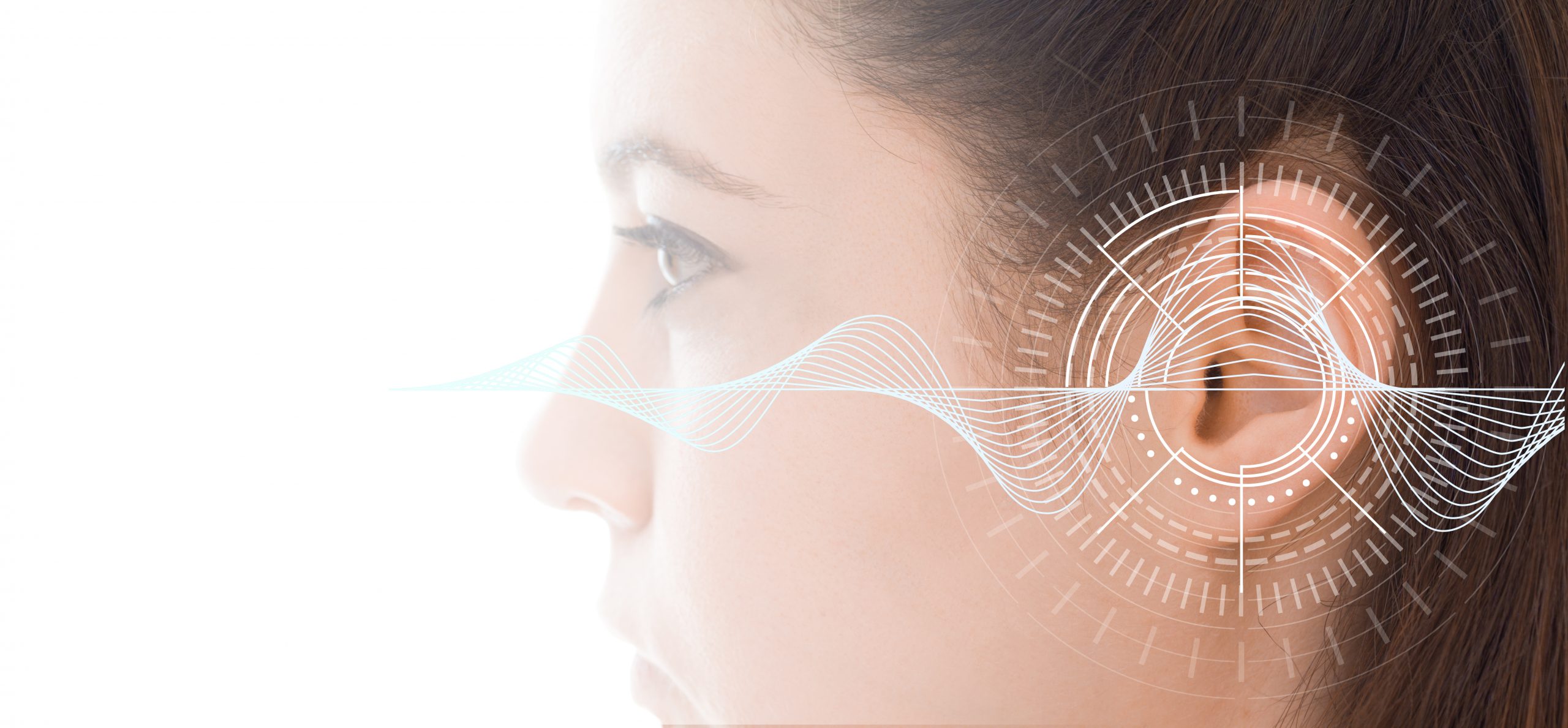As we age, our bodies change in numerous ways, including changes to our hearing abilities. Age-related hearing loss is a common condition, affecting millions of people worldwide. While it is a natural part of the aging process, it can still have a significant impact on our quality of life. In this article, we will discuss how to manage hearing loss due to aging.
- Get a hearing evaluation
The first step in managing age-related hearing loss is to get a hearing evaluation from an audiologist or hearing healthcare professional. They can conduct a thorough examination of your hearing and determine the degree and type of hearing loss you have. Based on the results, they can recommend appropriate treatment options.
- Use hearing aids
Hearing aids are a common treatment option for age-related hearing loss. These devices can amplify sounds, making them easier to hear. There are many different types and styles of hearing aids available, so it’s essential to find the right one that meets your individual needs. A hearing healthcare professional can help you choose the right hearing aids and ensure they fit comfortably and work correctly.
- Consider assistive listening devices
Assistive listening devices (ALDs) can be used in addition to hearing aids or on their own to improve hearing in specific situations. For example, a personal amplification system can be used to amplify sounds in noisy environments, while a TV listening system can help you hear the television more clearly.
- Practice good communication strategies
When you have age-related hearing loss, communication can be challenging, especially in noisy environments. To make communication easier, try to reduce background noise as much as possible, face the person you are speaking with directly, and ask them to speak clearly and slowly. It’s also important to let people know that you have a hearing loss, so they can be more understanding and accommodating.
- Protect your hearing
Preventing further hearing loss is essential for managing age-related hearing loss. You can protect your hearing by avoiding loud noises, wearing earplugs or earmuffs in noisy environments, and limiting your exposure to loud music or other sources of noise.
- Consider cochlear implants
For some people with severe hearing loss, cochlear implants may be an option. Cochlear implants are surgically implanted devices that bypass the damaged parts of the inner ear and stimulate the auditory nerve directly.
- Seek support
Managing age-related hearing loss can be challenging, but you don’t have to do it alone. Seeking support from friends, family, and support groups can be helpful in managing the emotional and psychological effects of hearing loss. It’s also important to seek help from a mental health professional if you are struggling with depression, anxiety, or other mental health issues related to your hearing loss.
In conclusion, age-related hearing loss is a common condition that can significantly impact your quality of life. However, there are many effective ways to manage hearing loss, including using hearing aids, assistive listening devices, practicing good communication strategies, protecting your hearing, and seeking support from healthcare professionals, family, and friends. With the right treatment and support, you can continue to live a full and satisfying life despite hearing loss.





